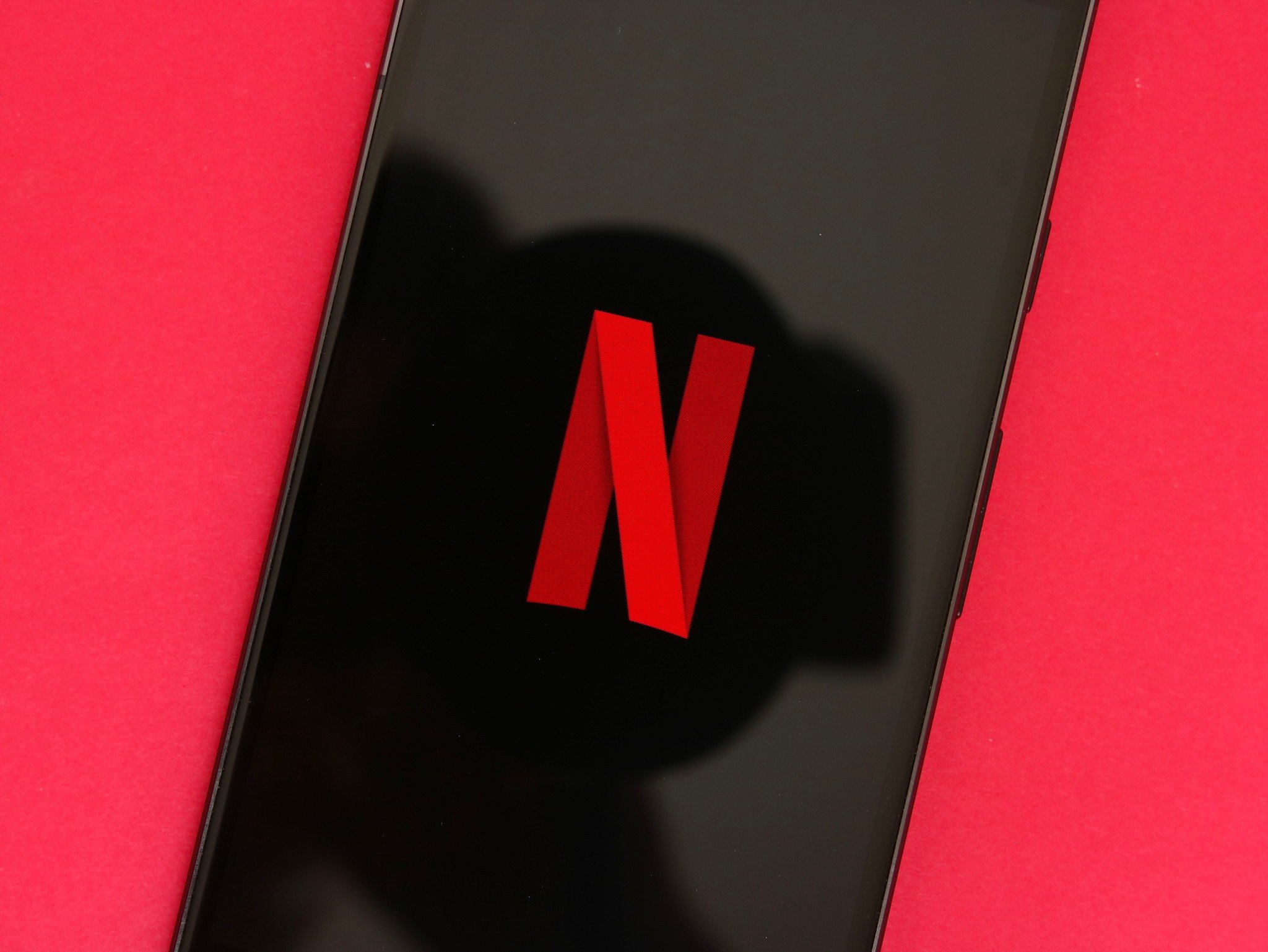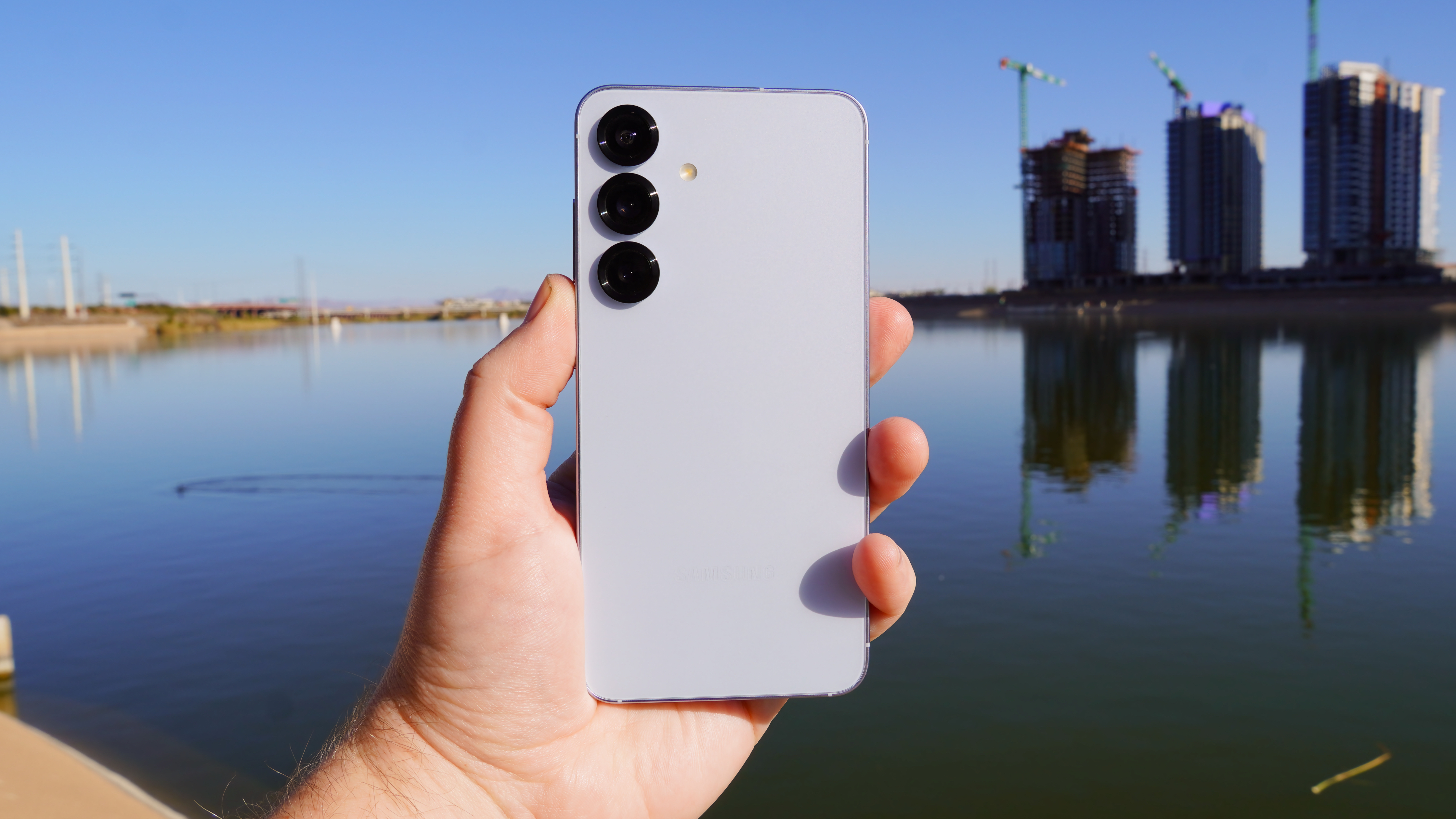All four major carriers throttle streaming video, regardless of congestion

What you need to know
- Research shows that all four of the major U.S. carriers throttle streaming video, regardless of congestion.
- The research was conducted by Northeastern University and the University of Massachusetts Amherst.
- The testing involved 126,000 smartphone users and over 650,000 tests were conducted between early 2018 through early 2019.
If you've ever felt like your wireless carrier was slowing down your video streaming, then you were probably right. According to a recent study, researchers found that all four major carriers throttle video streaming, even when networks aren't congested.
While it is common among wireless carriers to slow down connections when mobile networks become crowded to prevent congestion, the research shows that the carriers are slowing down traffic so consistently that it doesn't matter if the network is congested or not.
"They are doing it all the time, 24/7, and it's not based on networks being overloaded," said David Choffnes, associate professor at Northeastern University and one of the study's authors.
The results of the study showed that wireless carriers restricted video streaming bandwidth on its networks for several services. However, not all throttling was equal, as some services were singled out while others were not.
In particular, it showed that AT&T throttled Netflix 70% of the time, as well as throttling YouTube 74% of the time. However, it allowed Amazon's Prime Video free reign and did not restrict it at all.
The tests also revealed that in 51% of the tests, T-Mobile throttled Amazon Prime Video but left Vimeo mostly untouched, and Skype wasn't restricted at all.
The reason for some services being throttled versus others could be attributed to errors from carriers not being able to detect the stream, as some apps make technical tweaks from time to time.
"They may try to throttle all video to make things fair, but the internet providers can't dictate how the content providers deliver their video," Choffnes said. "Then you have certain content providers that get throttled and some that don't."
Regardless of the death of net neutrality, Choffnes believes the research and publishing of the results are still very important, stating, "At least when there's an appetite for legislation on this topic, we'll have the data."
Get the latest news from Android Central, your trusted companion in the world of Android
Choffnes' work has been funded by the National Science Foundation, Google parent Alphabet Inc. and ARCEP, the French telecom regulator. Amazon has provided some free services for the effort, too. He's even had a deal with Verizon to measure throttling at U.S. carriers. Choffnes says Verizon can't restrict his ability to publish research and the companies that support him don't influence his work.
The research involved was carried out by Northeastern University and the University of Massachusetts Amherst. It consisted of 126,000 smartphone users globally, using an app called "Wehe" on both Android and iOS. The data comes from over 650,000 tests that were conducted between early 2018 through early 2019.

